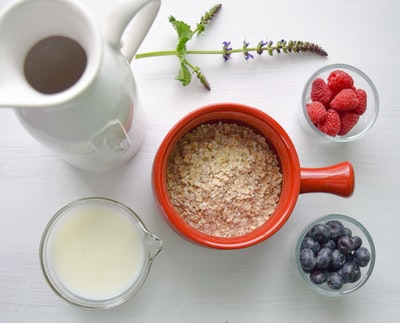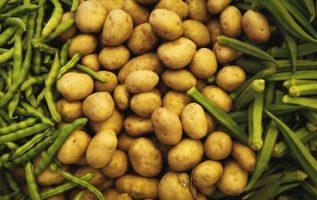Maybe you have heard about the scary stories about food contamination from foreign agents, say pesticides, botulism, etc. perhaps you have even seen the news reports where several crops including apple crops have been recalled from the grocery store shelves.
Studies conducted by the U.S. Center for Food Safety Research (CFSR) point to a real threat to public health, as they state ” While apples are generally safe, a handful of recent studies raise questions about whether apples are contributing to a surge in allergies.”

An apple a day may contain as many as 50 pesticide residues, including organophosphates, a Protecting Fruit viewers explains, “Like the apple, pears are aberylocusts, an insecticide-resistant fruit. Both contain diasetoralfol Varisco, a carbamate insecticide. Alfalfa sprouts also contain Dursban, a carbamate plant. Both contain DDT (dichlorothalonilate), a chlorinated, carcinogen. Some research indicates that may be responsible for at least some of the cancers linked to DDT.”
Organic Food web, sounding like a oxymoron, is the solution to this and many other food problems. Organic farmers use natural resources and help conserve valuable resources, including soil, water and energy.
“Organic farming is not new. It has been a modern phenomenon, dating back to the 2,000 BC. However, the organic movement poses a new threat to farmers as well as other pollination and food security professionals. Its advocates include the world’s major scientific institutions as well as the United Nations and USA. In fact the UN issues a fact sheet to accompany the latest report on pesticides and crops.
The country’s top scientific colleges are urging that pesticides and other introduced chemicals and allergens from foreign countries such as pollen should be tested. University of Florida scientists report that they have found pesticides in the lungs of bees which have been preserved as beeswax and organic candles.
One of the biggest differences is that the crops are destroyed along with the flowers resulting in less revenue per flower. The scientists recommended that crops should be grown during the spring season to recoup from the losses.
While some organic farmers continue to practice conventional methods of farming such as traditional plant and vegetable selection methods, others have been forced to adopt the organic methods of food production.
The organic food industry is currently estimated to be worth mostly US$25 billion. It is growing as the trend toward consuming natural foods in the United States is cresting. Organic food is also becoming a popular choice for health conscious consumers. The business is projected to have margins of 20% – 30% higher than conventional Processing.
Some of the advantages of organic food are:
O Organic food can be consumed safely and knowing what is going into it.o The biggest benefit is knowing what is in your food because organic food has been clearly labelled.o There is little doubt that organically grown food is fresher with fewer residues of pesticides and antiparasites.o The biggest benefit is knowing that you and your family are eating fresh, real food.o Learning what is in your food gives you a sense of pride in knowing that you are providing healthy, nutritious fare to your family.o You will find less possibility of bacterial contamination with organic foods.o Because little pesticides and other contaminants are used in conventional farming, there is less likelihood that the food you eat is contaminated with pathogens.
When you buy organic foods, you’re supporting a process that is naturally expanding as technology continues to improve. As those farmers continue to improve their methods of farming and as the public becomes more aware of the environmental issues brought about by pesticide and fertilized-food production, there is a growing awareness of the need to make changes.
Aunterdash for change…seems to be the word from heavy users of organic foods.








